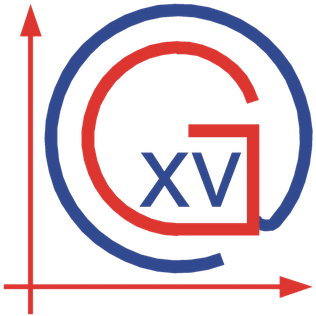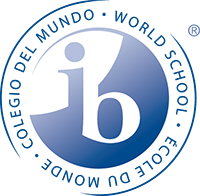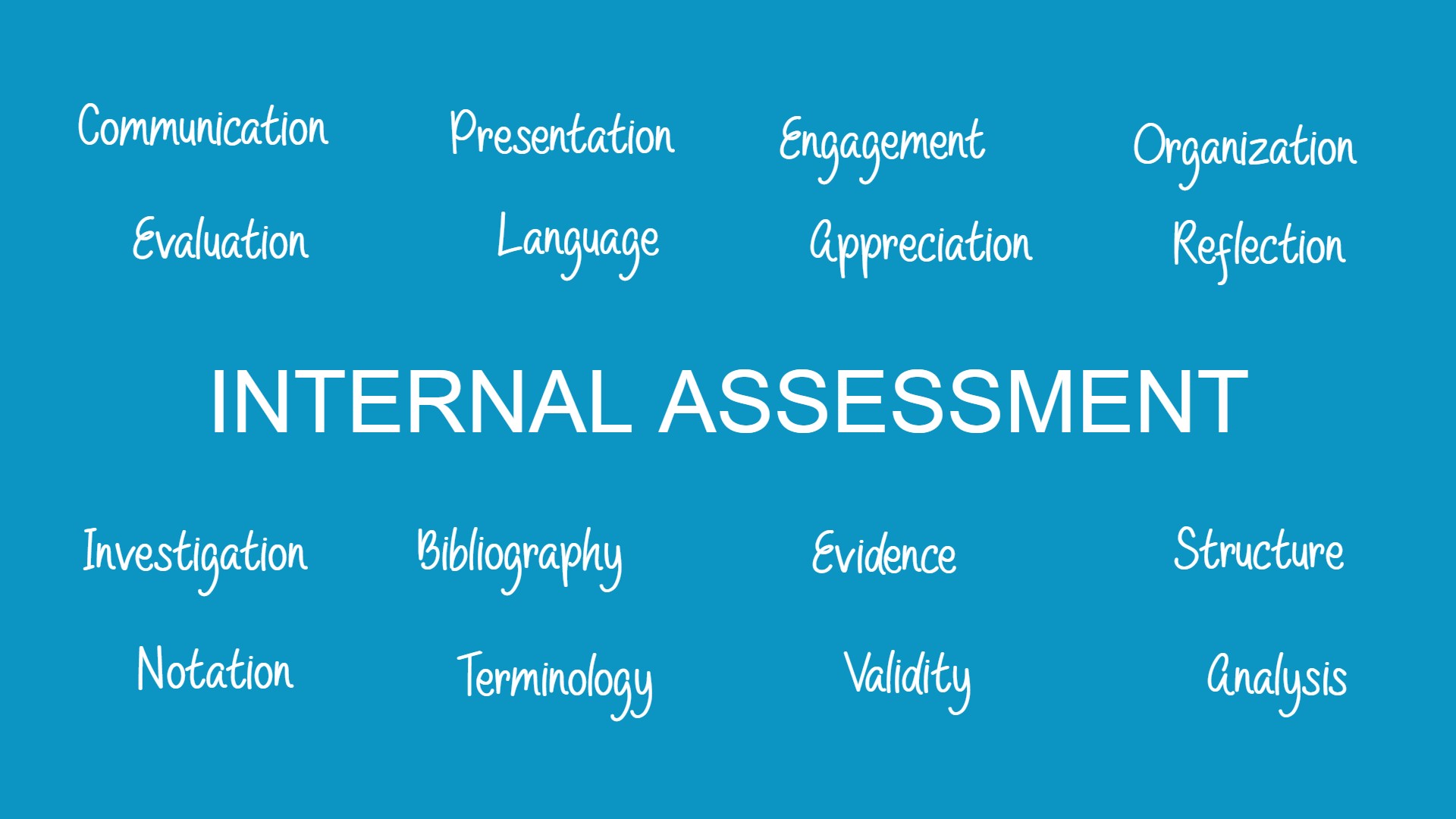What are the IAs?
The IAs (Internal Assessments) are a key part of the IB program. They’re a chance for students to demonstrate their practical skills and understanding, as opposed to rigorous IB exams. According to Lanterna Education’s website on IB Internal Assessments, they’re usually 20% of the student’s overall grade, and are evaluated both internally and externally. Firstly, they’re marked internally by teachers, after which samples are sent to external IB examiners. This is to check if the subject teacher has fairly assigned grades. If the examiner believes the teacher was too harsh or too lenient, scores are adjusted for the whole class. IAs differ from subject to subject, but are a great way to explore personal interests and to practice time management.
Planning your IA
Choosing your topic
The first, and probably most daunting, part of the IA is simply choosing your topic. A good topic is your key to a successful IA. There are a few things to keep in mind, of course. Make sure your topic aligns with the following points:
● Personal interest
● Feasibility/practicality
● Specificity and focus
● Relevance to syllabus
As generic as it may sound, make sure your IA is something interesting to you. It will make the process much more tolerable in the long run. This will result in something more unique and not overdone. However, make sure it is something that is possible to do. This is especially true for sciences where you may need specific materials. Try to stick to experiments that require easily attainable resources. The same goes for other subjects too: Don’t give yourself something that is far too time-consuming. Make sure all your topics are specific and focused. Ask yourself “what am I proving with this IA?”. Finally, your IA should be relevant to what you’ve studied in that respective subject. This is generally the difference for SL and HL (standard level and high level) subjects. The IAs aren’t assessed differently, but HL students have more material to choose from, and are typically encouraged to do investigations/experiments on their additional HL material.
IAs for Each Subject
Languages (A and B)
Language A (SL or HL) and English B HL all require an individual oral. For Languages A, this consists of a 10 minute presentation, followed by a 5 minute question-and-answer session with your teacher. Usually, this means analyzing 2 different literary works. For Languages B HL, this is a shorter presentation about an excerpt from a literary work studied in class,but in Languages B, the focus is more on the bigger picture (global issues and themes) as opposed to a strict literary analysis like in Language A. Just make sure to pick the works you feel most confident in, and use various resources to your advantage.
Sciences and Math
The science subjects perhaps require the most attention. They’re basically more detailed and carefully-done lab reports from MYP. These consist of a hypothesis, experimental design, and, of course, collecting and analysing data. For science IAs, try to choose topics that you’re sure will work or result in proper data to avoid having to change your topic or stressing over it not working. Focus on every little detail, especially significant digits for chemistry or physics. In addition, according to Tutorchase’s website on Biology IA’s, avoid doing topics in biochemistry for either biology or chemistry. The lines between chemistry and biology can become a bit blurred, but your teacher will provide the proper guidance. Make sure to be very precise, and try to analyze your data as soon as it’s collected. Here are some example topics for biology IAs:
● Investigating the effect of different types of sugars on the rate of fermentation by yeast
● Seeing how some factor (pH, temperature, etc.) affects enzyme activity
● Investigating the effect of light intensity on the rate of photosynthesis in certain plants
Math IAs require a mathematical exploration, usually of an existing math theory with some form of practical application. This can range from topics on probability, calculus, geometry, trigonometry, number theories, and more. Make sure to do proper research, and try to find topics that relate to your interests, like gaming or sports.
Other subjects
Subjects like psychology and economics feature some sort of study or commentary. The IAs for both these subjects are started in DP 1, which will prove to be extremely helpful. This will give you more time to focus on the languages and sciences, along with other obligations like the EE and TOK. Visual arts students need to produce some sort of artwork, be it in a portfolio or part of some larger collection.
Managing the IA and Achieving Top Marks
The IB is great at testing its students in regards to time management, especially in DP2 where you’ll have the IAs, EE, TOK, final exams, and regular assignements from every other subject. IAs are extremely important, and can help your overall grade if you don’t do wonderfully on the final exams. So how do we approach this overwhelming task?
Time management isn’t something you can learn overnight, and there can always be things that stand in our way to prevent us from being on track. Make note of all the deadlines in a calendar on your phone or in your room. Aside from official deadlines, set dates for yourself in terms of research and revising. Set mental “checkpoints” for yourself for even the smallest of tasks, like an outline or first phase of research. By dividing your IA process into phases (like research, outlining, writing, etc.), these mental “checkpoints” will guide you and make the process as structured and organized as possible. And, of course, this will make the process seem faster and more rewarding.
As I’ve written in every article so far, make sure to prioritize certain tasks. Subjects like sciences and psychology require obtaining data, so it may be good to prioritize these. In the case of experiments, devote time to making sure your design is doable and logical. A good experimental design is essential in ensuring the experiment goes smoothly. During data collection for such IAs, focus on the other subject IAs that don’t require this. Try to always have something to work on in terms of IAs to avoid work from piling up later. And once you’ve obtained your data for science/psychology IAs, start analyzing it immediately and set aside enough time for this. Always try to avoid last-minute rushing to prevent any overlap with EE, TOK, and final exams. However, a huge help is the first draft privilege you receive for IAs. Use this to your advantage, and make sure you submit a finished first draft for every subject. If something is unclear, always ask. It will make your life much easier!
For achieving high grades, there isn’t any set rule, but, as per usual, understand the marking criteria for every subject and make sure to strictly adhere to them. Use credible sources, as well as clear and focused language. This is especially important since IAs have word limits. In chemistry, for example, the limit is 3000 words. This may seem like a lot to the untrained eye, but it can prove to be a severe lack of words when your experiment doesn’t go right. Just remember to be concise! Use proper citations, and make sure to have fun!
Final Words of Advice
The IAs can be very stressful and overwhelming on top of all the other work us DP students have. Many teachers are already telling us to think of our topics, despite us barely making it through our regular subject requirements. Juggling all of the subject IAs with everything else is a true test of skill. However, it can be a very rewarding and fun process with the right mindset. Come up with topics as soon as possible. Jot down your ideas on your Notes app on the tram when going home or when you have free lessons. This is the biggest obstacle. Afterwards, go into planning and be organized. Follow deadlines, set non-official ones for yourself, and always hand in finished first drafts.





